easyJet, the UK’s largest airline, has grounded their entire fleet of planes, following the unprecedented travel restrictions as a direct result of the COVID-19 pandemic.
Following the last of 650 rescue flights on Sunday 29th March, easyJet’s fleet of 331 Airbus A320 aircraft, including the A320neo, will be parked up until further notice.
These aircraft would normally be flying in the skies above Europe, providing essential travel connections across 159 airports and 1,051 routes.
The airline’s CEO, Johan Lundgren, said he was “working tirelessly” to make sure the company was “well positioned to overcome the challenges of coronavirus”. Lundgren also made it clear that the airline would continue to offer further rescue flights “as requested.”
Amidst the current public health emergency it is no surprise that easyJet has made the decision to ground their fleet. They are certainly not alone. The airline had already indicated that this was coming, when they announced the grounding of the majority of their fleet from 24th March.
However, confirmation of a full fleet grounding is news that no one wants to hear; especially the airline’s dedicated workforce of over 15,000 people and their suppliers.
Whether easyJet, or other UK airlines, receive government support remains to be seen.
UK Chancellor of the Exchequer, Rishi Sunak, has told airlines only to ask the government to step in as “a last resort” and to “exhaust other options” first, including exploring other avenues such as raising money from shareholders.
As it stands easyJet is taking decisive measures to maintain a strong balance sheet; the grounding of their aircraft will remove huge costs, while the carrier hunkers down to weather the storm.
Feature photo shows easyJet aircraft parked in Lisbon, Portugal. Source: Martim Borges
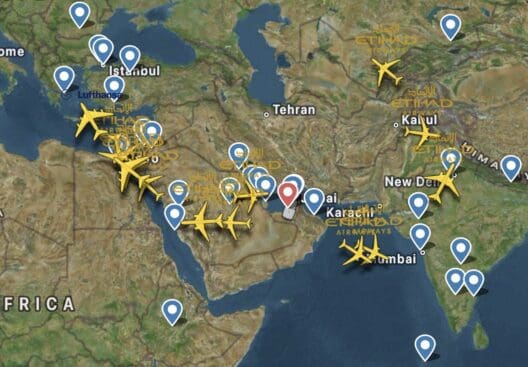
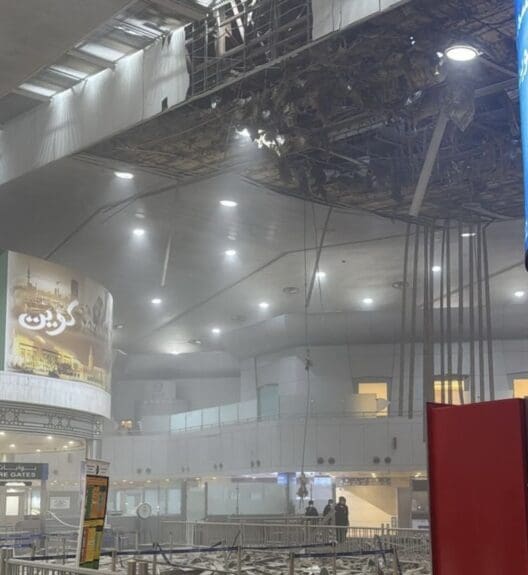
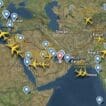

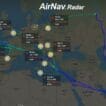
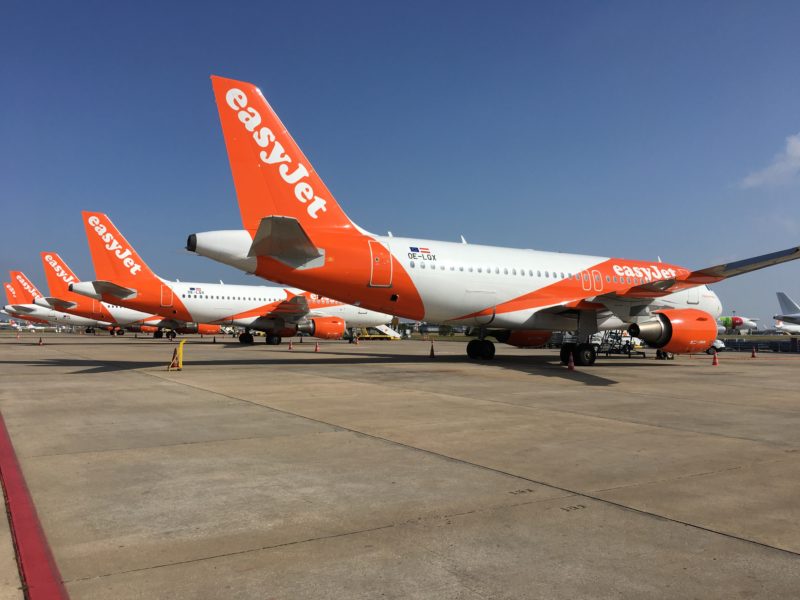
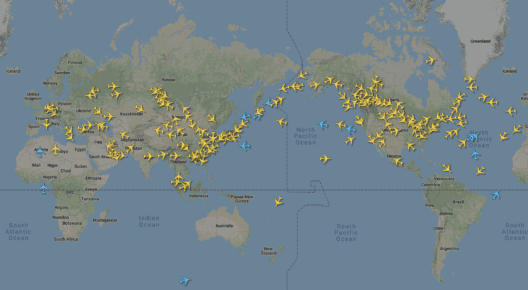

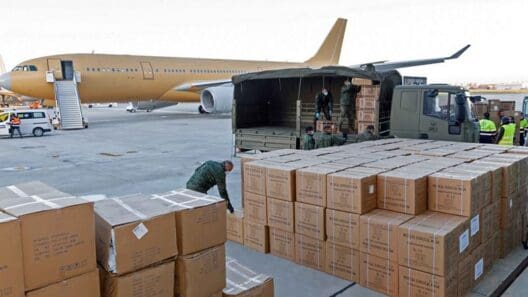
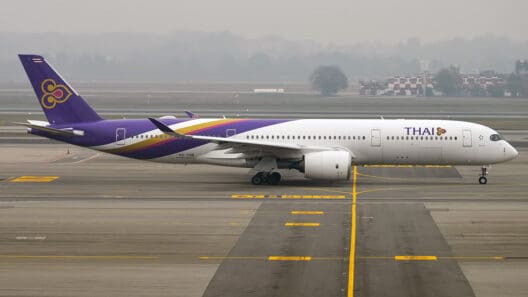


Thank you louise,
This info is very useful in such type of crisis, May God help earth
You are very welcome! Yes, let’s hope we overcome this pandemic soon. Take care, Louise